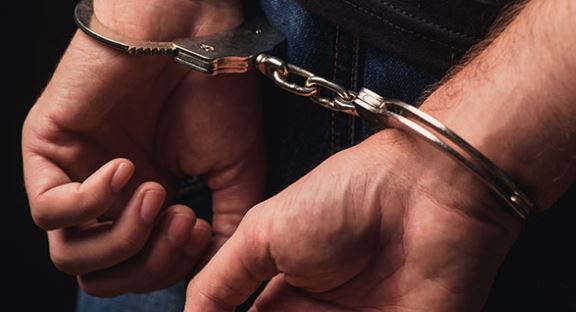7 Common Defenses in Criminal Cases
Being accused of a criminal defense can be frightening, but it's less scary when you know how to defend yourself legally. Think of these defenses as your legal shields when you're in trouble. We'll discuss how they work and use real-life examples to clarify them. Whether it's showing you weren't at the scene, protecting yourself, or saying you weren't thinking straight, this guide will help you in knowing the legal stuff. Knowing your rights is essential; we're here to help you. This blog will use easy words to explain seven common defenses in criminal cases.
1. Presumption of innocence
"Presumption of innocence" is a big rule in the world of crime and law. It means that if we suspect someone of doing something bad, we should consider them not guilty until we have really good proof that they actually did it. This rule ensures that we don't falsely accuse innocent people. The people who accuse someone of doing something wrong must show strong evidence that the person did it.
2. Alibi Defense
The alibi defense is when you can prove you were somewhere else when the crime happened. You show this with things like people who saw you or videos that prove you were not at the place where the crime occurred.
Imagine it this way: If a video shows you in a different spot when the crime took place, that's a strong alibi.
3. Self-defense
Self-defense is when you do things to keep yourself or someone else safe from harm if you think someone might want to hurt you. It's like saying, "I did what I had to do to stay safe." For instance, if someone enters your home and you think they want to hurt you, self-defense means taking action to make sure you stay safe.
4.Insanity defense
The insanity defense is when someone claims they didn't understand that what they did was wrong because they had mental issues at the time. They might have expert doctors who understand the mind to support this claim. It's similar to saying, "I didn't know it was bad because my brain wasn't functioning properly."
5. Duress and coercion
Duress and coercion defenses happen when a person does something bad because someone else is scared or forced them to. These defenses say the person had to do the bad thing because they were scared or pressured. It's like saying, "I did it because someone scared me or my family, and I didn't have any other option."
6. Mistaken identity
Mistaken identity is when people wrongly believe you did something bad because they confuse you with another person who actually did it. This mix-up can happen when people make a mistake, it's nighttime, or you resemble the real wrongdoer.
Imagine this: People blame you for a mistake you didn't make just because you resemble someone who did it. That's what we mean by mistaken identity.
7. Entrapment
Entrapment is when the police make a person do something wrong that they wouldn't normally do. To claim this as a defense, the person must show that they did something bad because the police made them do it.
Imagine someone saying, "I only sold drugs because the police officer forced me to do it."
Getting ready to defend yourself
If someone says you broke the rules, you should talk to a smart person called a lawyer who knows a lot about this stuff. A lawyer helps you in a special place called court by telling you what's supposed to happen, making a strong argument to prove you didn't do it, and making sure your rights are safe.
You need to gather evidence to show you didn't do it, like proof or people who can say you're innocent. Your lawyer will help find this proof, like where you were when it happened or if someone made you do it.
It's super important to understand what your lawyer is thinking. They will use their brain to figure out how to show you didn't do anything wrong based on what happened in your situation.
Conclusion
If someone accuses you of doing something wrong, you can protect yourself by:
1. Saying you didn't do it and asking for proof before they assume you're guilty.
2. Proving that you were somewhere else when the bad thing happened.
3. Explain that you did something to stay safe.
4. Mention that you didn't know it was wrong because someone forced or tricked you into it.
Remember, talking to a lawyer who understands this is really important. If someone accuses you of wrongdoing, make sure you know how to defend yourself and avoid future problems.
.jpg)



Comments
Post a Comment